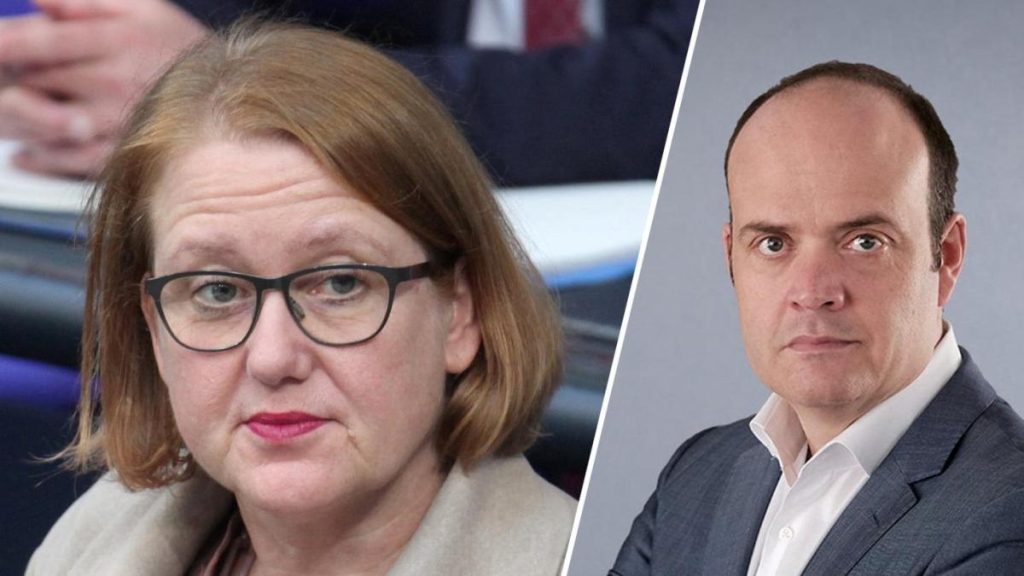Families Minister Lisa Paus plans to remove Paragraph 218, which criminalizes abortions, from the German Penal Code. In order to gain support from the FDP for this initiative, she has proposed a deal. Following the formation of the Ampel coalition in 2021, one of the first laws passed was the removal of the advertising ban for abortions. This led to a more than ten percent increase in the number of abortions performed. However, the number of births and the birth rate have decreased significantly during the Ampel years, which researchers describe as a “statistically unusual” decline. While it is premature to draw a direct causal relationship, the Ampel coalition seems to be ignoring this coincidence.
Now, the next stage of the campaign is to eliminate Paragraph 218 from the Penal Code. The historical compromise in Germany has been to protect the life and dignity of unborn babies while recognizing that this protection can only be achieved through support for women, not punishment. However, Minister Paus aims to change this approach. She has already published activist articles and plans to present a study next week that argues there are too few medical professionals performing abortions. The Bundestag will also debate a law to ban demonstrations by pro-life activists outside gynecological practices. These moves remind some of former US President Donald Trump, who appointed conservative judges to overturn liberal abortion laws in the US.
The debate around abortion has also made its way into election campaigns, with both the Green Party and the AfD prominently featuring it in their programs for the upcoming European elections. While these two parties may appear to be opposing each other on this issue, the FDP has been drawn into the conversation by Minister Paus’s offer. The same commission advising on the removal of Paragraph 218 is also discussing the legalization of surrogacy and egg donation, currently prohibited activities. The next step towards commercialization is already in sight, as evidenced by the global billion-dollar market catering to affluent individuals struggling with infertility. The political deal on the table is clear: the FDP supports the repeal of Paragraph 218, while the Greens overlook feminist concerns about the commodification of women’s bodies.
Minister Lisa Paus is pushing for a significant change in Germany’s abortion laws by seeking the elimination of Paragraph 218. Despite the positive reception of the removal of the advertising ban for abortions, the increase in abortion rates has raised concerns in the country. The forthcoming debates in the Bundestag on banning protests outside abortion clinics highlight the sensitive nature of the issue. The political maneuvering around the abortion debate is reminiscent of actions taken by former US President Donald Trump, which may lead to significant legal challenges. The intersection of women’s rights, reproductive health, and political compromises creates a complex and contentious landscape in Germany’s social and political spheres.















